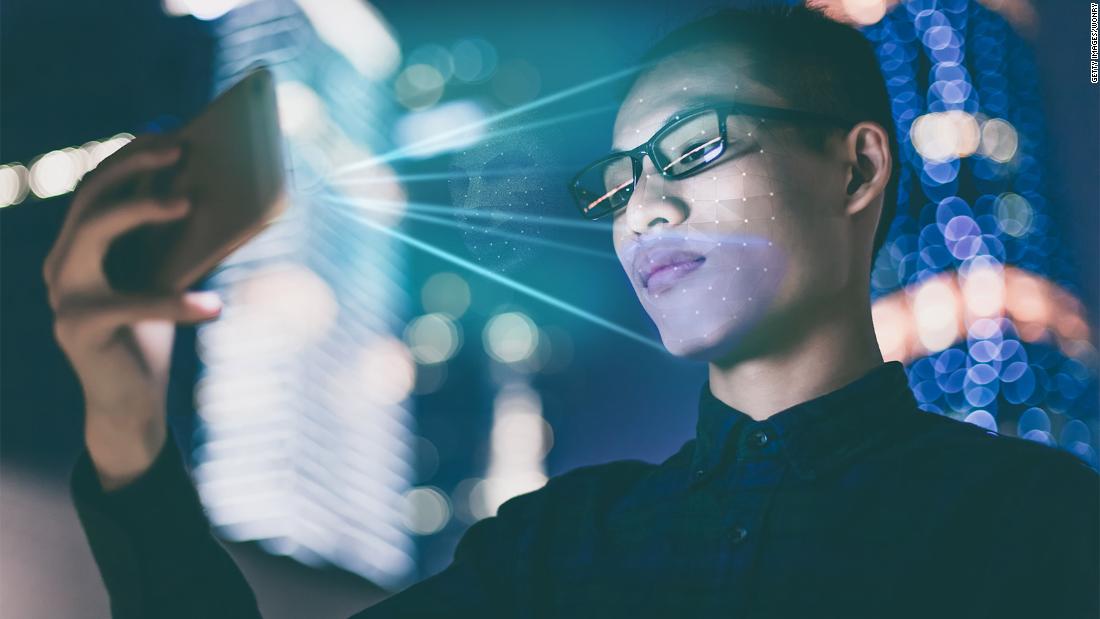How AI is making business travel better

AI is being used to make it quicker and easier to book a flight, check a suitcase, get GPS directions, notify travelers of flight changes, and more. Here are some of the most helpful and innovative uses for business travelers. Finessing hotel staysBusiness travelers appreciate efficiency, so it’s no wonder they prefer checking into a hotel via an app, rather than at a reception desk. Prefer a room on a high floor, far from the elevator? AI can match your requests to available inventory to make sure you get a room that fits your preferences.After check-in, if you, say, need the Wi-Fi password, forget dialing the busy front desk and waiting endlessly on hold. At some hotels, you can now access a virtual butler or concierge to help with common requests like supplying a password, ordering in-room dining, asking for a late checkout and more. Replacing the standard in-room phone, hotels like Jupiter Next in Portland, Ore., offer devices such as Roxy, a speech-enabled console, to respond to guest requests — whether it’s a need for fresh towels, a weather report, a ride, or to stream Bruce Springsteen. Another feature allows Roxy to recommend local restaurants or activities.Several new properties are touting robots that can deliver room service and anything else that fits in their storage compartment. On the back end, robots are assisting housekeeping by delivering linens and transporting waste.Up in the airWhen booking an airline through a frequent flyer program, AI can use machine learning to recommend flights and seats you may like, based on your previous travel. Flight cancellations are a big headache for business travelers. American Airlines uses AI to minimize the pain — notifying passengers of cancelled flights, providing alternatives and facilitating new bookings. Planning a flight on Scandinavian Airlines? SAS plans to launch a chatbot soon called Turi. This proactive digital assistant can automatically send you a boarding pass, notify you when boarding begins, and tell you at which carousel you can find your checked luggage — all on a platform you already use, such as Skype or Facebook Messenger. And if you’re flying to Singapore’s Changi Airport, Terminal 4 has gone all-in for AI. Its departure process, from check-in to bag drop to immigration and boarding, is fully automated, thanks to AI and facial and thumbprint recognition that authenticates a passenger’s identity. Smart toolsDragging bags around the airport can be exhausting. Scheduled to roll out sometime this year, crowd-funded Ovis by ForwardX is a battery-operated rolling suitcase that uses cameras and AI to automatically follow alongside you, avoiding obstacles. This hard-sided sidekick comes with a bracelet that vibrates if your luggage ends up more than 2 meters away. If you do get separated, you can track the bag’s location via the built-in GPS and cellular communication.Many business travelers scramble to file their expense reports on time. Certify employs AI to auto-generate reports. Snap receipt photos with the app, which scans them and autofills expense entries. You can review and submit reports before you even reach home.Correction: An earlier version of this story incorrectly stated that local restaurants or activities recommended on Roxy would be based on paid referrals.





